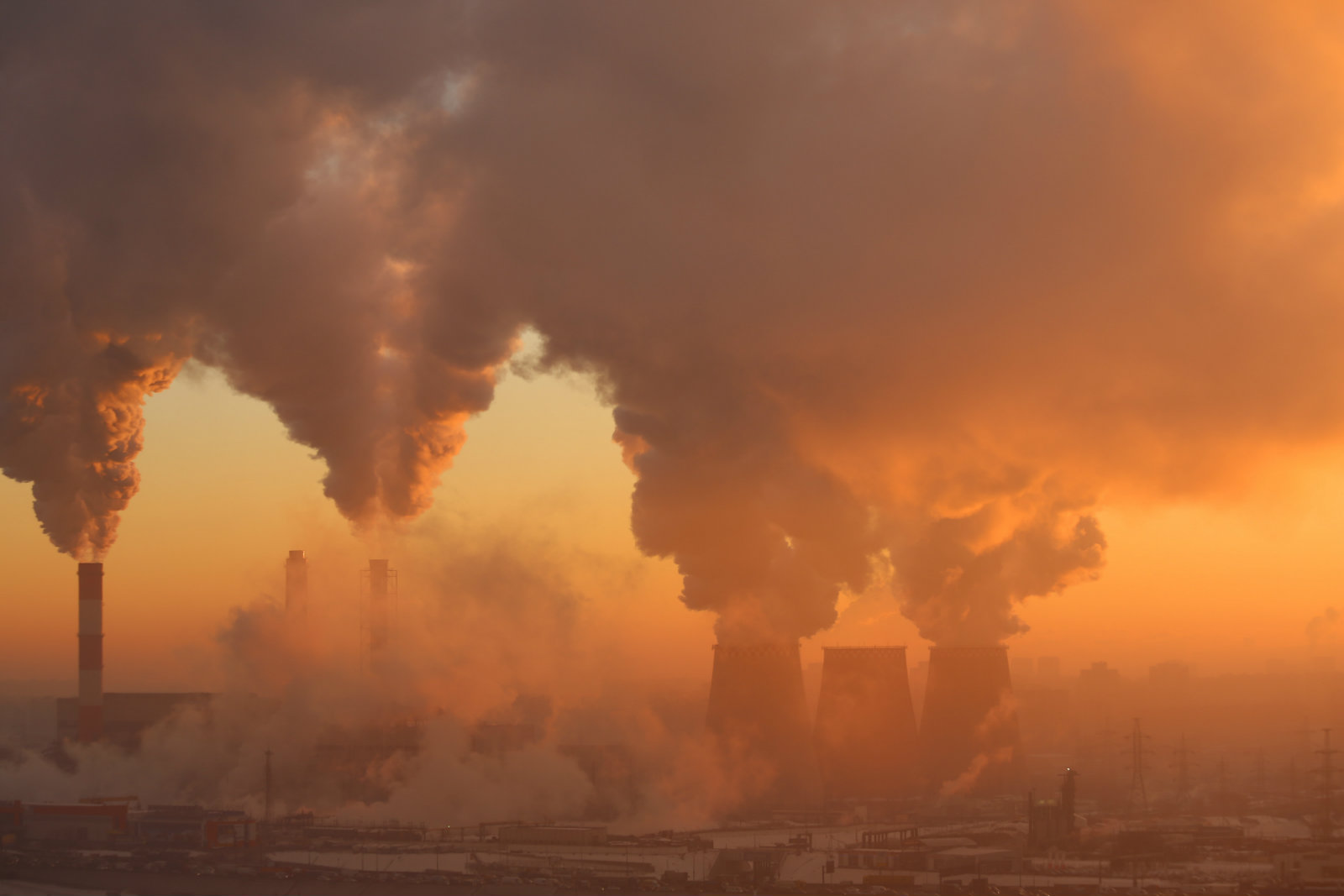The world is falling behind on climate change mitigation

A new report shows climate change accelerated in 2021: Four key climate change indicators — greenhouse gas concentrations, sea level rise, ocean heat and ocean acidification — set new records last year in another sign that the world is falling behind on climate change mitigation, according to a World Meteorological Organization (WMO) report. The average global temperature in 2021 was about 1.11 (± 0.13) °C above the pre-industrial level — 0.22°C to 0.29°C warmer than 2011, bringing us closer to the 1.5°C benchmark.
Don’t say you haven’t been warned: The UN’s Intergovernmental Panel on Climate Change (IPCC) rang alarm bells in a report earlier this year, saying that we have to act “now or never” to implement “immediate but deep” emission reductions to stave off real climate disaster. The report indicated that we would need to cut the planet’s emissions by 43% by 2030 if we want to limit annual global warming to 1.5°C. In what was termed “the bleakest warning yet” by some scientists, another IPCC report released in February warns of “irreversible” environmental damage if temperatures are allowed to exceed 1.5 °C. Increasingly extreme weather is causing “widespread, pervasive impacts” to ecosystems across the world, some of which are already beyond repair.
Where does Egypt stand on its emissions targets? Egypt is expected to announce soon its revised national targets to cut greenhouse gas emissions, or its nationally determined contribution (NDC) to cut emissions and adapt to climate impacts, Foreign Minister Sameh Shoukry said last month. As per the Paris Agreement, all parties to the 2015 treaty are required to update their NDC every five years. The last NDC we submitted was in 2017 and it did not include binding targets for specific emissions reductions. While we have signed onto the original Paris Agreement and the updated COP26 pledge, Egypt did not meet a deadline to submit its updated NDC last year for COP26 and has in the past lagged other countries in submitting climate targets, David Waskow, a director of the nonprofit World Resources Institute said.
This is all pushing the UN to urge rich countries to share their climate mitigation tech: Developed countries should share the intellectual property for energy technologies that can help developing countries adapt and mitigate the effects of climate change, UN Secretary General Antonio Guterres said in a video message (watch, runtime: 06:28). Batteries and related power-storage technology should be treated as “freely available public goods,” he said. Guterres also called for a global coalition on battery storage to be formed to fast-track deployment, indicating that it should be led by the governments and include tech companies, manufacturers, and financiers.
The push comes as part of a five-point plan to boost renewable energy usage: Renewable energy has become more accessible than ever over the past decade as the cost of wind energy declined by more than half while solar energy and batteries saw their prices fall 85%, Guterres said. The UN is now proposing that we also need to broaden access to supply chains and raw materials that go into renewable technologies, ensure governmental policy supports the use of renewable energy, remove subsidies for fossil fuels, and increase investments in clean energy. Private and public investments in renewable energy must triple to at least USD 4 tn a year, he added.
We could get more plans and specifics at COP27 in Egypt: The international organization will spearhead new action to ensure that all countries have access to early warning systems that indicate whether extreme weather is headed their way, Guterres said in a separate address (watch, runtime: 02:02). The WMO will lead these efforts and the action plan will be announced at COP27 in Sharm El Sheikh in November, he added.